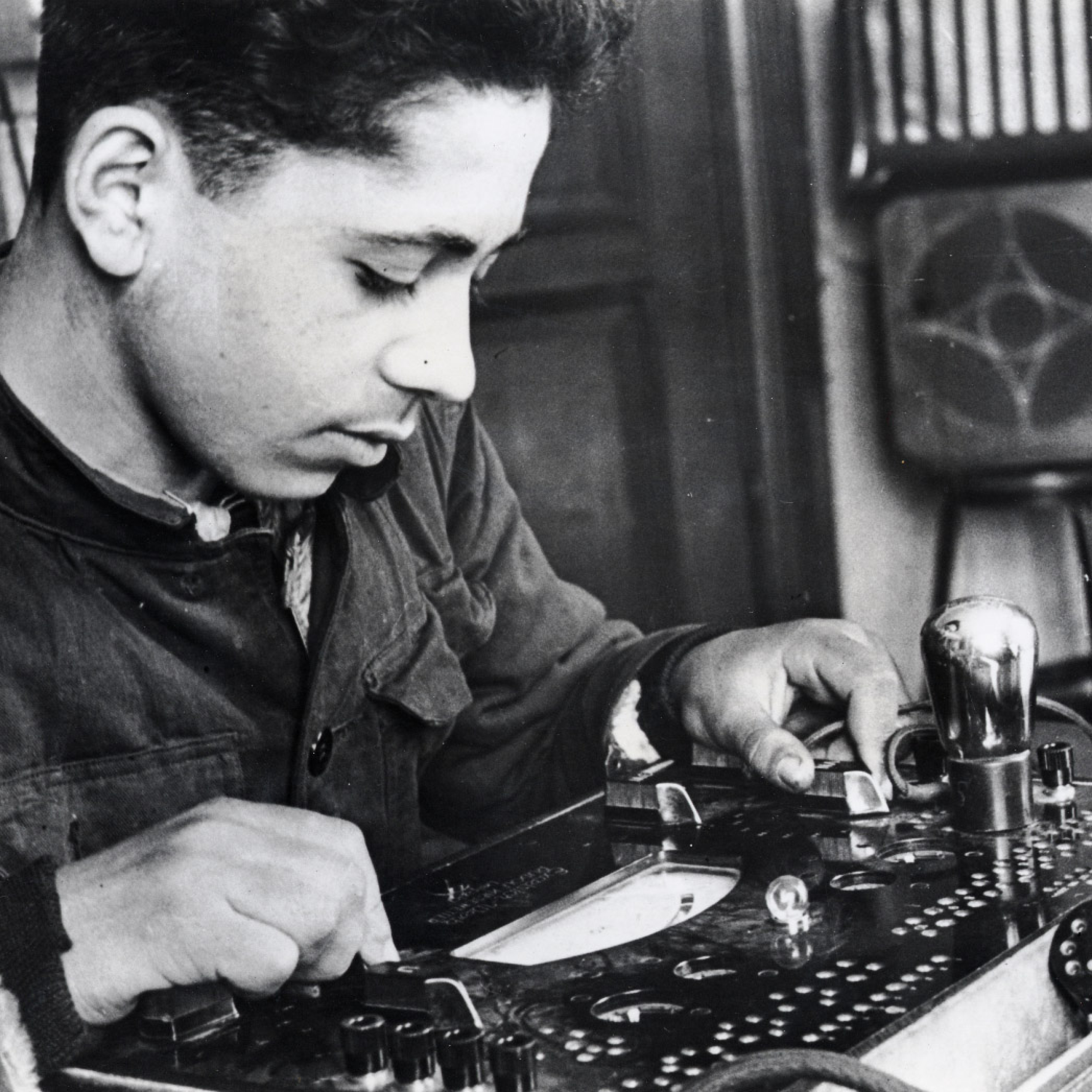The Last Shtetl in Poland? The Jewish World, the Cold War and the Jewish Community of Dzierżoniów (1945-1950)

|
Max Weinreich Fellowship Lecture in Polish Jewish Studies
The Aleksander and Alicja Hertz Memorial Fellowship and the Samuel and Flora Weiss Research Fellowship Admission: Free |
Using examples from archival, photographic other material from the YIVO and other archives, Kamil Kijek (Taube Department of Jewish Studies, University of Wroclaw) will show how a remarkable community of Polish Jews in formerly German Lower Silesia played an important role not only in Polish post-war history but also in Jewish global politics (on both sides of the so-called Iron Curtain) during the years 1945-1950.
What will become apparent is that, in the aftermath of the Holocaust, many Polish Jews, as well as their western, especially American counterparts, felt that Poland was to be considered more than cemetery of a destroyed Jewish civilization. During the years 1945-1950, the Polish Jewish Lower Silesian community in general, and that of the the town of Dzierżoniów in particular, were at the center of Jewish transnational discussion regarding the future of Polish Jewry after the Holocaust. Kijek will argue that it was, in fact, not the Kielce pogrom of 1946, but the intenstification of the Cold War and the installment of the so-called Stalinist political regime in Poland that was the main trigger leading to the end of faith in the possibility of an existence of Jewish national life in post-Holocaust Poland.
About the Speaker
Dr. Kamil Kijek is a Assistant Professor at the Jewish Studies Department, University of Wrocław, Poland. He has been a Prins Foundation postdoctoral fellow at the Center for Jewish History in New York and Sosland Family Fellow at the Jack, Joseph and Morton Mandel Center for Advanced Holocaust Studies at the United States Holocaust Museum in Washington, DC. Kijek’s publications include: “Dzieci modernizmu. Świadomość i socjalizacja polityczna młodzieży żydowskiej w Polsce międzywojennej” [Children of modernism. Socialization and Political Consciousness of the Jewish Youth in Interwar Poland], Wrocław 2017; “Was It Possible to avoid ‘Hebrew Assimilation’? Hebraism, Polonization, and the Zionist “Tarbut” School System in the Last Decade of Interwar Poland”, “Jewish Social Studies”, vol. 21.2, 2016.; “Between love of Poland, symbolic violence and anti-Semitism. On the idiosyncratic effect of the state education system among the Jewish youth in Interwar Poland” [in:] “Polin. Studies in Polish Jewry”, vol. 30, 2018.
In 2018, he received an international prize for an outstanding publication in the topic of "Jews and Illiberal Regimes in Eastern Europe after 1917" granted by The Leonid Nevzlin Research Center for Russian and East-European Jewry at the Hebrew University of Jerusalem for the book "Dzieci modernizmu."
His current research project is entitled Polish Shtetl after the Holocaust? Jews in Dzierżoniów, 1945-1950.




